7 Home Remedies for a Pinched Nerve
There are a variety of ways a person can relieve the pain of a pinched nerve at home below are 7 home remedies for a pinched nerve:
1. Change Your Posture
A pinched nerve because of or made worse by poor posture. Standing or sitting with an incorrect posture for extended periods puts unnecessary stress on the body, which may damage the muscles and spine, which leads to a pinched nerve.
Using adjustable chairs, cushions, and neck rests when sitting may help to relieve pressure and also allow the nerve to heal.
2 . Take Extra Sleep and Rest
Sleep is very important for healing a nerve. Because the body repairs itself during sleep, giving it more time to do so may help reduce symptoms quicker.
In most cases, resting the affected area and also getting extra sleep is enough to allow the pinched nerve to heal on its own.
While treating a pinched nerve, it is essential to not overuse the nerve. Nerve damage can worsen by overuse. A person with a pinched nerve should avoid any movements that discomforts or irritates the nerve. You can also try to sleep in a position that relieves the pressure on the pinched nerve.
3. Ergonomic workstation
People suffering with pinched nerves could try to make changes in their workstation.
Using an ergonomic mouse and keyboard can help you to reduce pressure in the hands and wrists. Raising a computer monitor to eye level may help you reduce your neck pain and symptoms of text neck.
Using a standing workstation can help you to keep the spine moving and flexible, which could reduce your back pain.
Ergonomic workstations have a range of positional options that can be used, suitable for many types of pinched nerve. Standing desks are available for purchase online on various ecommerce sites.
The best way to find the right position is for an individual to experiment with the settings to see which position relieves pressure and which position discomforts you.
4. Pain Relieving Medication
Over-the-counter pain medications can also help with a pinched nerve. Non-steroidal anti-inflammatory drugs (NSAIDs) help to reduce swelling and relieve pain in cases of minor pinched nerves.
Before taking any drug, it is important to consult a doctor for dosage recommendations.
5. Yoga and Stretching
Yoga and gentle stretching can help you to relieve tension and pressure in the area. It is also important not to stretch too deeply, as this can make the symptoms worse.
If you experience any discomfort or pain while exercising, you should stop immediately to avoid damaging the nerve any further.
6. Heat and Ice Packs
Alternating between ice and heat packs can help reduce your swelling and inflammation in many cases. The combination of cold and hot increases the circulation of fresh blood to the area, which helps to relieve pain.
Hold an ice pack on the affected area for about 10 – 15 minutes at a time, three times a day to help to reduce inflammation. Heat pads can be applied for a longer period also, for up to 1 hour, can be applied three times a day.
7. Physical Therapy and Massage
Having a massage can also help you reduce stress and physical pain. Applying gentle pressure around the affected area can help to relieve tension, and a full body massage may help the muscles relax.
Physical therapy, using a combination of massage, exercise and gentle stretches, can help you to relieve the symptoms.
Causes of Pinched Nerves
There are some conditions that can cause tissue or bone to compress a nerve and cause symptoms. These includes:
- Aging leads to “wear and tear” on the spine and its discs also. Over time spinal discs can lose water content and they flatten. The vertebrae (bones in the spinal cord) move closer together, and as a response the body forms growths of bone. These bone growths, or spurs, may compress nerves.
- Rheumatoid arthritis causes inflammation in the joints that can pressure nearby nerves.
- Repetitive motion tasks, like extended periods of typing on a keyboard, can cause stress in the wrist as well as in hands. This may also lead to carpal tunnel syndrome (tendon inflammation pressuring the median nerve in your arm).
- Also a sudden injury from sports or an accident can result in a pinched nerve. Awkward lifting, twisting movements, or pulling can cause a herniated disc.
- Pregnancy: The extra weight may result in compressed nerves.
- Obesity: Excess weight can also swell your nerve pathway, putting pressure on nerves.
- Diabetes: High glucose (sugar) levels in the blood damages the nerves.
Symptoms
- Pain ( dull ache or a sharp one).
- Muscle weakness.
- Numbness.
- Sensation that your foot or hand has fallen asleep.
- Tingling (“needles and pin” sensation).
When to see a doctor
A pinched nerve is sending warning signs to the brain, so it’s important that people listen to them. Anyone feeling pain from a pinched nerve that continues after regular treatments or lasts for more than 3 days should report it to a doctor.
There are a few symptoms that require medical attention as soon as possible, that are:
- A pinched nerve affecting your bladder
- A tendency to drop things or an inability to grip objects
- Nerve damage that causes a limb or area of the body to give out.
Doctors may request imaging tests, such as a computerized axial tomography (CAT) scan or a magnetic resonance imaging (MRI), to get a better picture of the nerves and how they are affected in the area. This will also help narrow down the treatment options, which includes corticosteroids, painkillers, physical therapy, or in severe cases, surgery.
Surgical treatment comes with its complications and risks, so anyone considering surgery should work directly with their doctor to find a treatment plan that is right for their personal needs and should find out the best way possible to get rid of this.


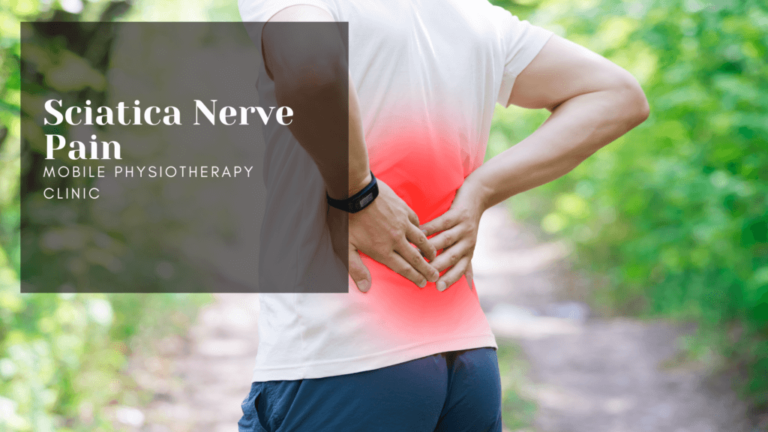
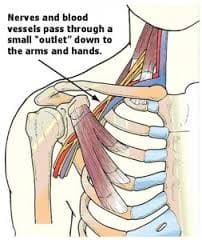
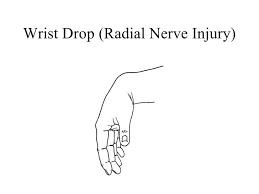
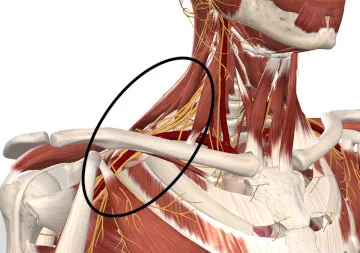
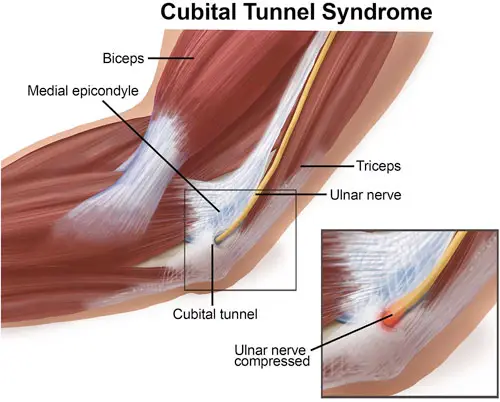
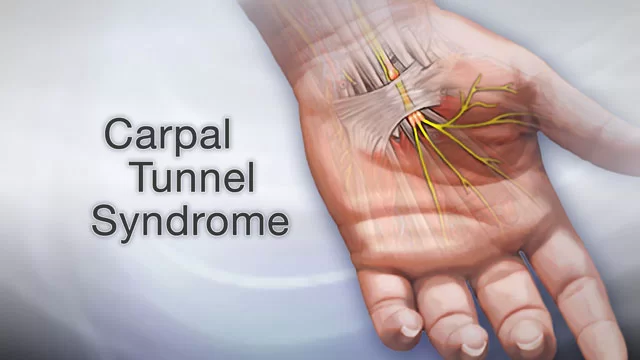
One Comment